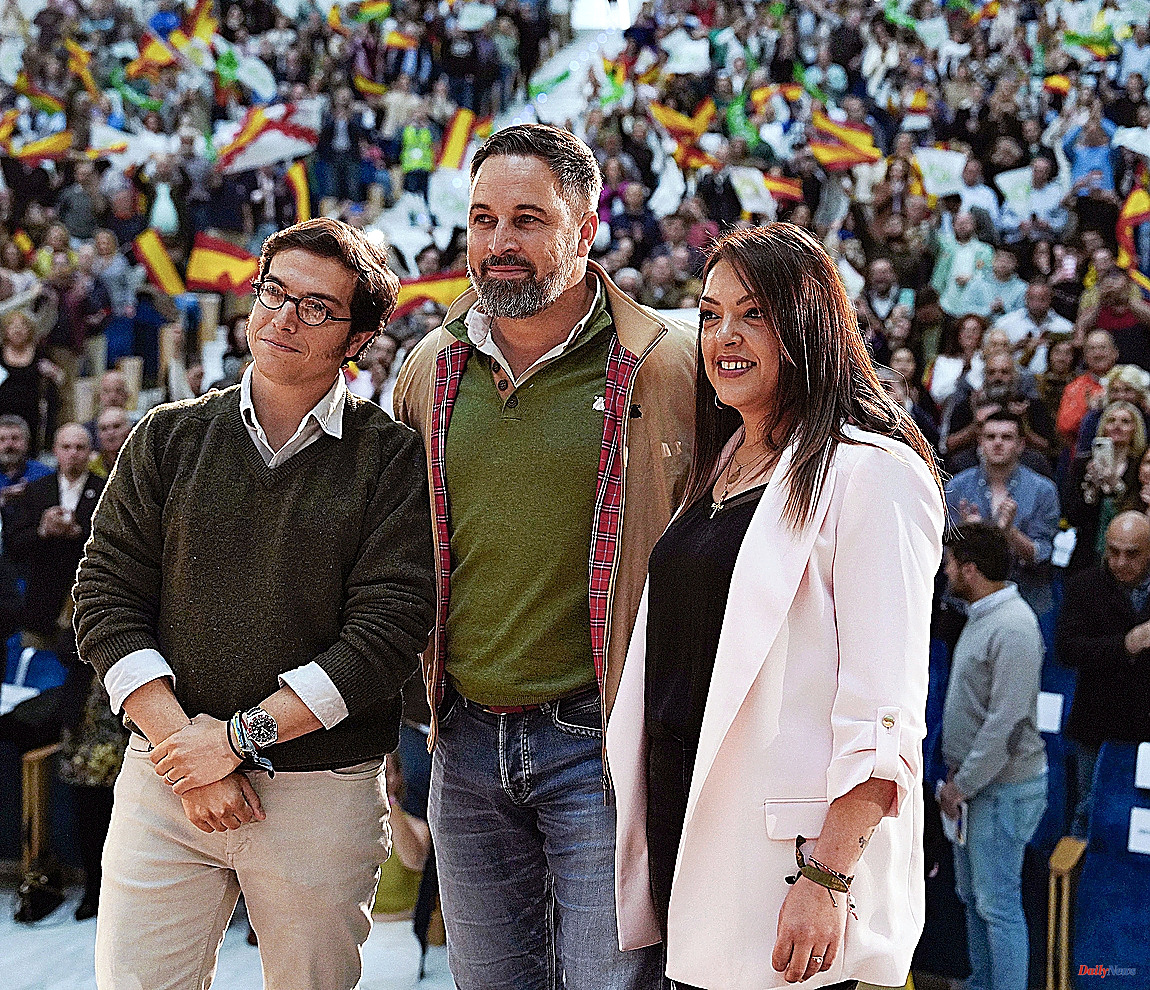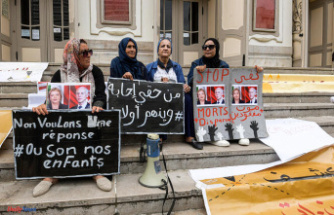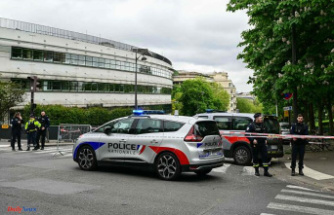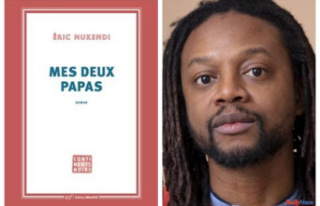At the Vox headquarters, in Madrid's Bambú street, two disgruntled feelings come across this week. On the one hand, that the party saved the furniture after the delicate motion of censure and that the fruits that this can give will come more in the medium than in the short term. On the other, that it is convenient not to launch the bells to the flight before the possibility that the right does not reach the sufficient sum in certain territories. A drop in expectations for which they point out and blame, yes, the Popular Party.
The fear is not new, but it has taken shape in recent days. Vox believes that the PP's bet in certain regions is not attractive enough, which could deflate the chances that the right-wing parties can unseat the PSOE in important socialist strongholds. Specifically, in Vox the situation in the Valencian Community and in Castilla-La Mancha is especially concerned, territories where those of Santiago Abascal turn a good part of their hopes but consider that the popular candidates generate "little illusion" in the electorate.
A little over a month and a half before the electoral date, this is how things are in both autonomies: in Castilla-La Mancha, Paco Núñez has gained ground from Emiliano García-Page's PSOE in a scenario in which Vox will burst into force and the The unknown will be resolved by the voter of Ciudadanos in 2019 and where he now directs his vote; In the Valencian Community, Vox sees it as feasible to surpass Compromís as the third force, but doubts the ability of Carlos Mazón to defeat Ximo Puig's PSOE with enough slack. In both regions, the common element against which both PP candidates battle is their degree of popularity among the electorate compared to their socialist potential.
"In Valencia it is very fair," considers another high command of Vox who also emphasizes the importance that this campaign will have to move the undecided vote, but also how 28-M can condition the general elections that will take place They will be held at the end of the year, which is the true litmus test for Vox.
The truth is that the Vox candidates in these autonomies -David Moreno in Castilla-La Mancha and Carlos Flores Juberías in the Valencian Community- do not have an excessively well-known profile among the regional electorate either, but the party usually bets on strategies in its territorial campaigns of a national character, centered on the figure of Santiago Abascal or other high-ranking officials, such as Jorge Buxadé or Iván Espinosa de los Monteros. For this campaign, as this newspaper has learned, the party's general secretary, Ignacio Garriga, will focus his efforts on the Catalan municipal level, while other strong names in the formation, such as Rocío Monasterio or Javier Ortega-Smith, will do the same in Madrid.
The point is that Vox is wary that the PP is capable of achieving the desired results by centralizing the campaign. The equidistance of Núñez Feijóo is something that generates tension in Vox. Hence, recently, for example, the plan to revert and repeal various socialist laws and thus force the leader of the opposition to effectively take sides has been presented in Congress. Vox will continue to press in the coming weeks with the aim of portraying the PP and conditioning not only this imminent campaign, but also the race towards December.
Why, then, is Feijóo's promise made this past Monday that he will be "co-responsible" for the results on 28-M? Those of Abascal distrust the numbers of Genoa and only trust their calculations. In Bambú they assert, in this sense, that May will be prolific for them and that it will translate into more support in December. In the general elections, they admit, in no case will they have fewer votes than in 2019.
According to the criteria of The Trust Project












